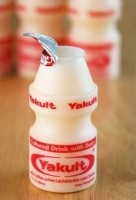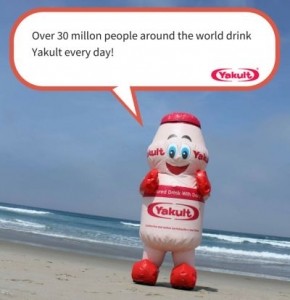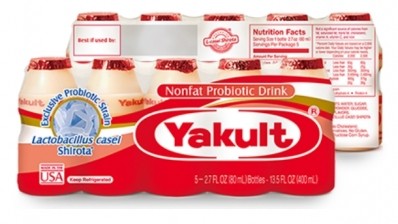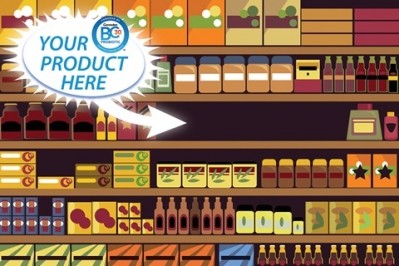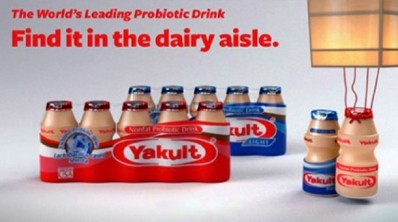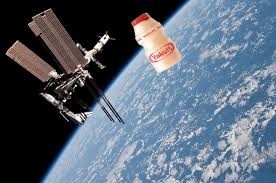Yakult USA confident of "eventual and ultimate vindication" in probiotics class action
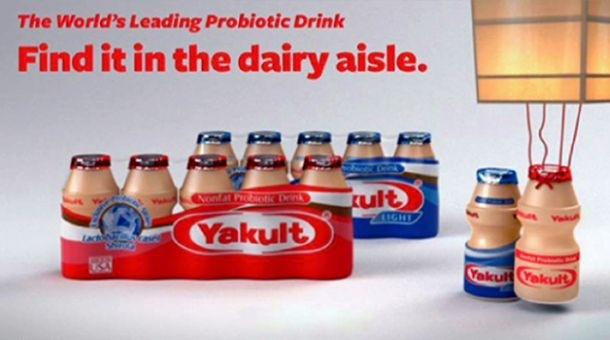
Adam Fox, a partner at Squire Patton Boggs, who is representing Yakult USA, was speaking to FoodNavigator-USA about a false advertising lawsuit filed by plaintiff Nicolas Torrent, who claims there is “no credible scientific evidence that the probiotics in Yakult can do what Defendant advertises” and that “healthy people already have a stable digestive health balance of trillions of intestinal bacteria.”
According to Fox, Torrent has picked the wrong target if he is going after probiotic claims: "For more than 75 years, the lactobacillus culture in the beverages sold by Yakult USA have been subjected to intense study, resulting in numerous published articles that have withstood the scientific scrutiny of peer review.
"The claim Yakult USA makes on packaging of its beverages that regular consumption may help balance digestion and maintain overall health is true and demonstrated by this extensive body of scientific literature. Indeed, both the World Health Organization and the Food and Agriculture Organization of the United Nations recognize the role of probiotics in conferring health benefits, as the plaintiff in this lawsuit has already admitted.
He added: "We look forward to an eventual and ultimate vindication at trial, if not before, as we continue to vigorously defend Yakult USA against the remaining claim."
Marketing probiotics
While several firms marketing probiotics have got into legal hot water in the US (notably Dannon, which was told by the FTC to moderate its claims about Activia in 2011), manufacturers are allowed to make structure-function claims about probiotics such as ‘supports digestive health’, if they can support them with evidence, making the US a more appealing environment than Europe, where firms are prohibited from even using the term ‘probiotic’.
While studies on Yakult’s proprietary probiotic strain Lactobacillus Casei Shirota suggest it could potentially confer a wide range of health benefits from helping to strengthen the immune system to tackling GI tract conditions such as Crohn’s disease, Yakult USA has been fairly conservative in its language on pack, opting for the generic phrase: ‘Drinking one or two bottles daily may balance your digestive system and maintain overall health.’
However, in an order denying Yakult USA’s motion to dismiss the lawsuit, US district judge Cormac J Carney said the plaintiff had “plausibly pled that Yakult’s packaging and advertisements are likely to deceive a reasonable consumer”, noting that Torrent “is not required to prove the truth of his claims at the pleading stage”.
While Carney did take issue with Torrent’s characterization of the proposed class of consumers in the suit, he gave him leave to amend this part of his lawsuit (which he did on July 27, prompting a response from Yakult again denying his allegations on August 13).
Regulatory blues
In the EU, the term ‘probiotic’ is no longer permitted, making life very difficult for firms marketing probiotics, who have thus far failed to secure a single approved health claim for probiotics under the Nutrition And Health Claims Regulation (NHCR).
In the US, the regulatory environment is a little more accommodating, with firms allowed to make structure-function-type claims (eg. supports digestive health) about probiotics, provided they can be supported by scientific evidence.
US consumers drink 223,000 bottles of Yakult a day
While unit sales of Yakult have dropped off in Europe in recent years, sales are growing strongly in the USA, where consumers now drink around 223,000 bottles a day (average, Jan to June 2015), compared with 182,000 in 2013.
While this is small fry compared with the 4.9 million bottles a day Yakult sells in China, for example, the North American market is a key area of focus for the Japanese company, which recently opened a factory in Fountain Valley, California.
The new US factory supplies stores in California, Nevada, Arizona, Texas, Colorado and New Mexico, but will also provide a platform for expansion into new regions, a spokesman told FoodNavigator-USA last year: "We are mainly selling in the west coast and the middle of the US at mainstream supermarkets at the moment, but we’ll expand our sales area in the future."
What are probiotics?
According to the World Health Organization, probiotics are “live microorganisms that, when administered in adequate amounts, confer a health benefit on the host.”
Each 2.7oz (80ml) bottle of regular Yakult Non-fat Probiotic Drink contains water, sugar, skim milk powder, glucose, natural flavors and Lactobacillus Casei Shirota and has 50 calories. The 'Light' version is sweetened with Reb-A (stevia) as well as sugar and has 30 calories per bottle.
*The case is Nicolas Torrent et al v Yakult U.S.S. Inc, case # 8:15-cv-00124 filed in the Central District of California.
